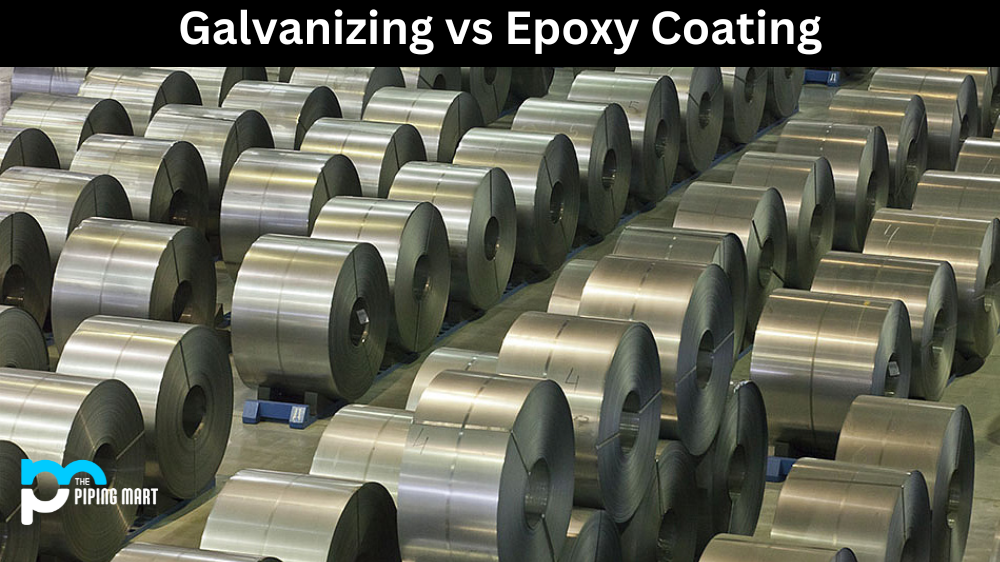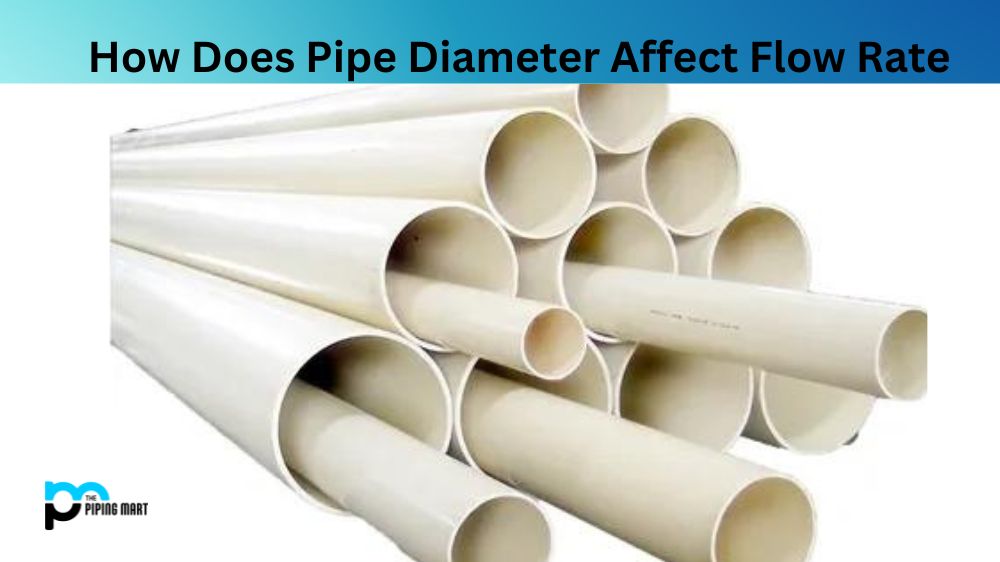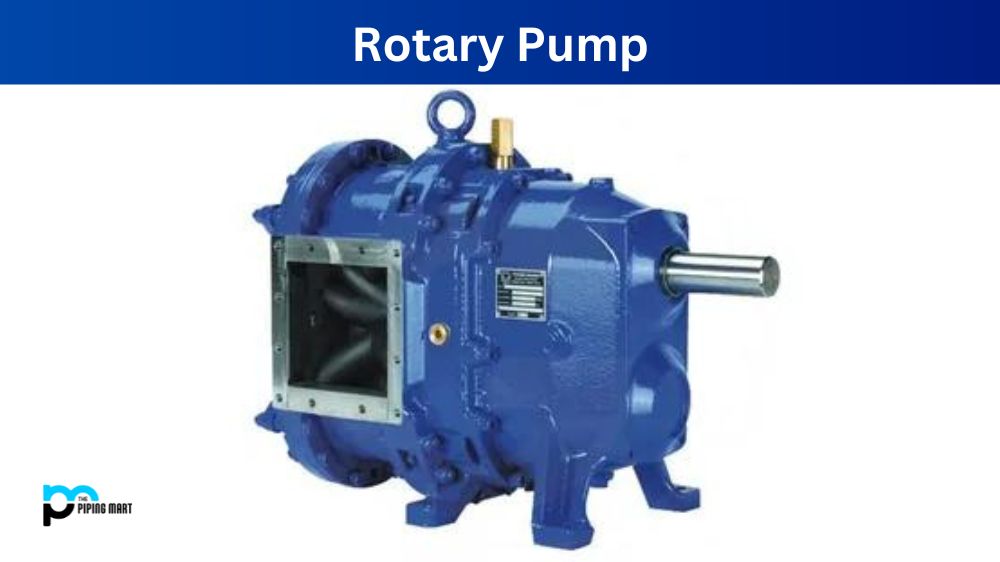If you’re looking for ways to protect your metal from rust, corrosion, and other damage, consider galvanizing or epoxy coating as a solution. But what’s the difference between the two? Let’s explore this question in more detail.
Galvanizing
Galvanizing is typically used in outdoor applications due to its strong resistance to environmental factors like water, saltwater, heat, and chemicals. Additionally, galvanized materials can last up to five times longer than traditional paint coatings. On the other hand, it is not suitable for use on surfaces exposed to direct sunlight for long periods as the zinc can corrode over time.
Epoxy coating
Epoxy coating provides a thin film layer of protection against rusting or corrosion. It is often used in indoor settings such as machine shops or warehouses where there isn’t exposure to UV rays or other environmental elements. It also has excellent chemical resistance properties, so it won’t wear away when exposed to certain materials like oils or solvents. However, it does not provide protection from scratches or physical impact, so if your metal surface is subject to heavy use, then epoxy coating may not be suitable.
Difference Between Galvanizing and Epoxy Coating
The primary difference between galvanizing and epoxy coating is that galvanizing involves dipping steel or iron into molten zinc, while the epoxy coating is a spray-on process that uses an electrostatic gun to apply a protective material onto metal surfaces. While both processes provide a protective layer, they are used in different applications and have their own advantages and disadvantages.
- Epoxy coating is a type of paint that is made up of two parts: a resin and a hardener.
- Galvanizing is a process in which a layer of zinc is applied to the surface of steel or iron to protect it from corrosion.
- Epoxy coatings are typically more expensive than galvanizing, but they offer superior protection against corrosion.
- Galvanized coatings are more likely to chip and flake off over time, while epoxy coatings are more resistant to chipping and flaking.
- Epoxy coatings can be applied to ferrous and non-ferrous metals while galvanizing can only be used for ferrous metals.
- Epoxy coatings typically have a longer lifespan than galvanized coatings, but both types of coatings will eventually need to be replaced.
Conclusion:
Deciding whether to use galvanizing or epoxy coating depends on your specific application needs. Both options offer excellent protection against rusting and corrosion. Still, each one has different benefits depending on whether you need protection indoors or outdoors and how much wear and tear your metal surface will experience. Knowing what you need before making a decision can help ensure you get the right type of protection for your metal surfaces!

A passionate metal industry expert and blogger. With over 5 years of experience in the field, Palak brings a wealth of knowledge and insight to her writing. Whether discussing the latest trends in the metal industry or sharing tips, she is dedicated to helping others succeed in the metal industry.




